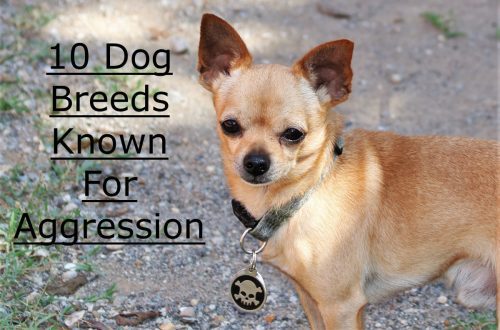
What is your dog thinking?
Have you ever seen dogs play in dog parks? They seem to be smiling, jumping and hugging each other with their paws. Have you ever wondered, “What do dogs think about?” or “How do dogs think?” Maybe you watched your dog longingly out the window and wanted to know what he was thinking, or you talked to him before leaving for work, in full confidence that he understood everything you just said. But did she understand? Do you sincerely believe that your dog understands you because his non-verbal communication, such as eye contact, and even verbal communication, such as barking, gives the impression that he really understands what you are saying?
The question of how the dog’s brain works has been studied for a long time. For centuries, people have been trying to answer this question. In 1789, Jeremy Bentham said the following: “The question is not whether they can reason, nor whether they can speak, but whether they can suffer?” All owners who love their pets tend to think that their furry friend can talk to them. Many people do believe that dogs experience a wide range of emotions and wish they were happy and emotionally balanced. Therefore, pet owners want to believe that dogs can communicate despite the language barrier.
And although dogs cannot speak the language that you speak, they are able to understand the world around them. It is important for us to find out how their brain works in order to know what they are thinking and to better understand their language.
Do dogs think like people?

There are many studies on how the human brain processes language information. But how do dogs think? Neurologists at the Eötvös Lorand University in Budapest recently completed a study published in the journal Science. They scanned the brains of 13 dogs using MRI. During the scan, the dogs listened to their trainer say various words, such as the word “good” which was filled with meaning, and the meaningless “as if”. The words were spoken in an encouraging and emotionally neutral tone. The results showed that words filled with meaning are processed by the left hemisphere of the dog’s brain, regardless of intonation – similar to the work of the human brain, and meaningless phrases are not fixed. “This shows that such words make sense for dogs,” says neurologist Attila Andiks, a member of the research team.
In order to find out whether the change in the forms of words is significant for dogs, the intonation processed by the right hemisphere of the dog’s brain was not changed during the studies. For example, when pronouncing phrases with an intonation of praise, the region of the reinforcing system of the brain (hypothalamus) became more active. The results of this study show that the meaning of phrases and the intonation with which they are spoken are processed separately, and therefore dogs can determine what exactly was said to them.
Do dogs have a good memory?
If you’ve ever tried to train a puppy, you know that he remembers the commands you both worked on through consistent exercise. Basically, your dog can learn to sit, stand, lie down, give a paw, roll over and do many other fun tricks. Some pets even make it clear to their owners when they need to go outside to go to the toilet: they scratch the doorbell with their paw, bark and sit near the exit.
According to Scientific American, several studies have shown that your dog can not only learn to follow commands, but also remember more of your actions than you might think. For example, the researchers looked at whether dogs have episodic memory, which involves remembering incidents that happened in their lives, but without the assumption that such incidents can happen again. The results showed that dogs can remember any event after a certain amount of time, similar to humans. This means that dogs remember people, places, and especially phrases without necessarily being rewarded for good behavior. This helps them better understand people’s language and learn how to communicate with us most effectively.
So don’t be discouraged if your puppy doesn’t respond to your commands. It’s not that he can’t be trained. Still, he remains highly intelligent. This may simply mean that he is young, cheerful and wants to be distracted by new, unfamiliar subjects, such as chasing butterflies or chewing on a leash. If you have problems with training, contact a specialist in your area or consult with your veterinarian about training.
So what do dogs think?
While research into the dog’s brain certainly confirms a dog’s ability to understand human speech, you might want to know more about what exactly is going on in its head. Have you ever wondered how your dog actually feels about the homemade treats you prepare for him? Yes, she eats them quickly, but that could mean anything. Maybe she’s hungry or just trying to please you. Or perhaps she loves treats and is patiently waiting for you to cook more for her. The truth is, there’s no concrete way to know for sure what she’s thinking at that moment in time. You yourself must decipher her signals and guess what she might be thinking. After all, your dog is your best friend!
Have you ever wondered, “What do dogs think about?” While you may not be able to pinpoint exactly what your dog is thinking at any given time, you can learn about his temperament and behavior, which will help you understand what he thinks about or how he feels throughout the day. It all depends on your imagination!





